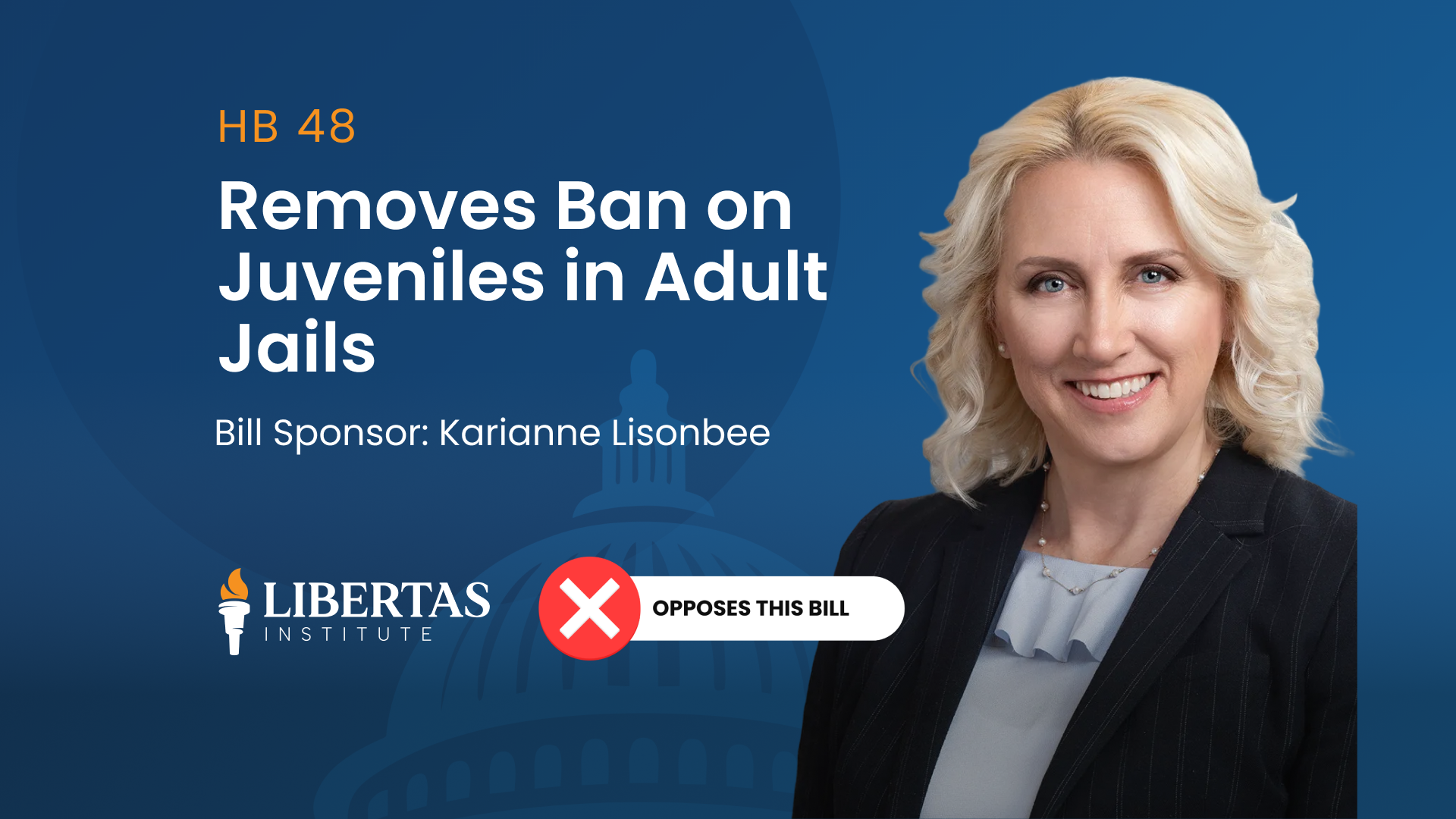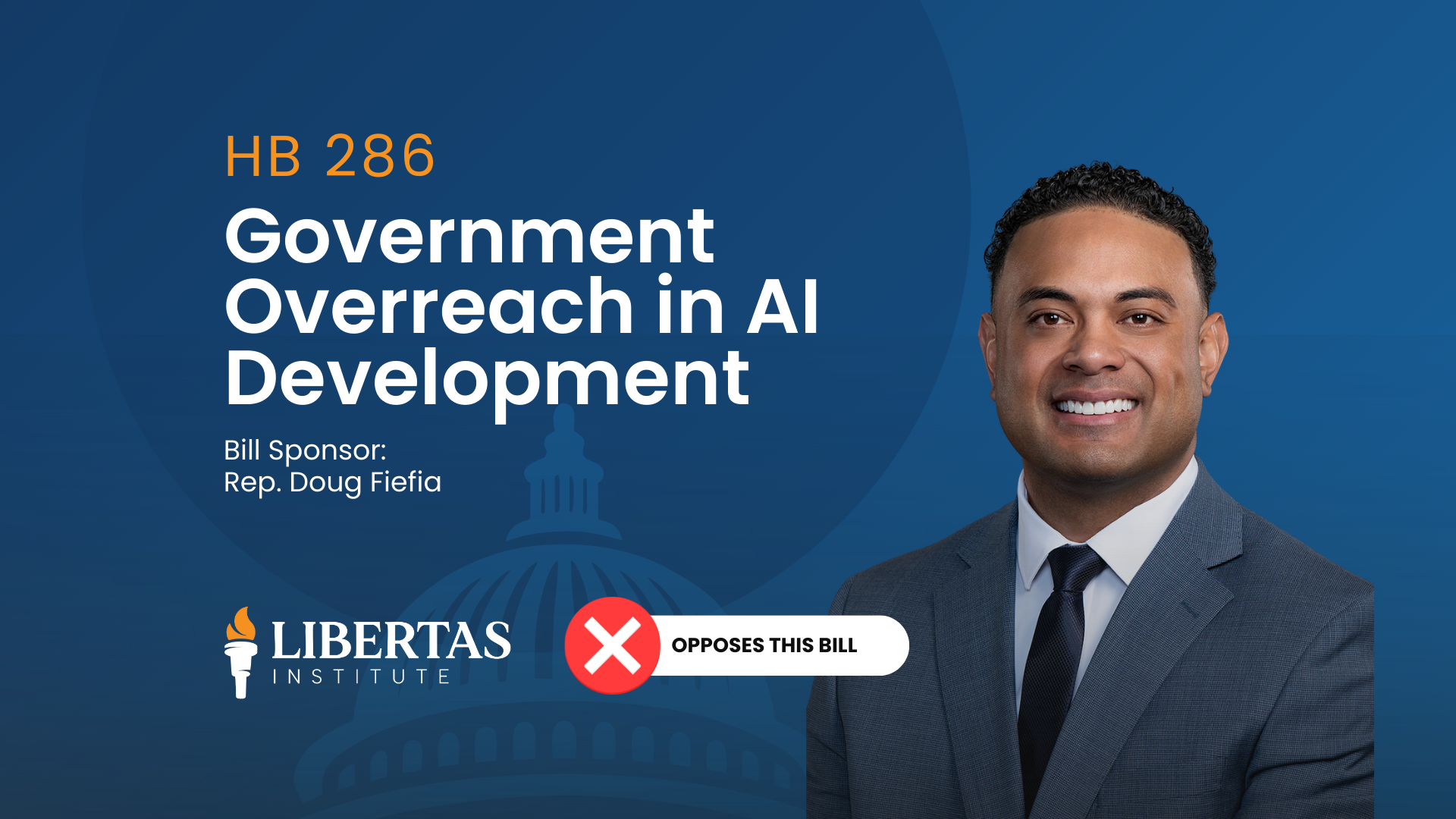This bill passed the House 70-0 and passed the Senate 23-0.
Libertas Institute supports this bill
When a child is interrogated by police for an alleged crime, it can be extremely intimidating. Not only is this an adult questioning them, but one in uniform who kids are taught to respect and look up to. Sometimes, in the line of questioning, police use deception tactics in order to gain a confession from who they believe is the perpetrator of a crime. This is a tactic used on adults and juveniles alike, but Libertas believes it should not be used for kids.
Children are vulnerable, and their brains simply aren’t developed with enough cognitive reasoning skills to be able to fully recognize and use their rights when an officer in uniform is asking them to answer questions. When you throw officers’ ability to lie into the mix, it becomes all the more complicated and can lead to false confessions by minors. This is the ultimate miscarriage of justice — for the wrongfully accused and for the victims of the crime. And if the state can place security measures like stopping government from lying to kids during investigations, then they absolutely should.
Representative Ryan Wilcox is sponsoring House Bill 171 to end the practice of juvenile deception by law enforcement in Utah. The bill says, if a child is subject to custodial interrogation for an offense, an officer or individual interrogating on behalf of law enforcement, “may not engage in deception.” This includes communicating false facts about evidence and making unauthorized statements about leniency for an offense.
If deception is used during the interrogation, any statement made by the child is presumed to be involuntary, meaning it cannot be used against them in court. However, the bill allows for a rebuttable presumption if the prosecutor can prove by a preponderance of evidence that the statement was voluntarily given based on the totality of circumstances.
This bill works to protect minors under the age of 18 from falsely confessing to a crime they didn’t commit. Law enforcement still have plenty of tools to complete an investigation and ensure they catch the right person without having to engage in the deception of a child. Illinois and Oregon already passed similar legislation and now Florida and New York are looking to do the same.
Utah has already made strides to protect our youth during interrogations by government officials. Last year, the Legislature passed Representative Judkins’ bill to ensure a child has a right to remain silent and requires law enforcement to advise them that their words can be used against them, they have a right to an attorney and to have their parent or guardian present during questioning. Miranda rights were expanded to cover everyone under 18 to ensure consent. This bill is the correct next step to protect Utah’s children.




